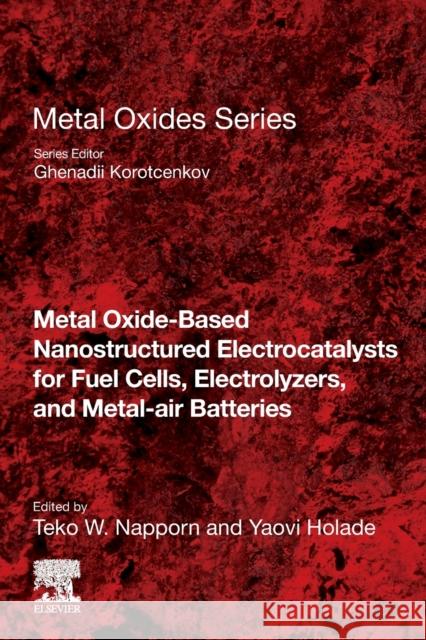Metal Oxide-Based Nanostructured Electrocatalysts for Fuel Cells, Electrolyzers, and Metal-Air Batteries » książka
topmenu
Metal Oxide-Based Nanostructured Electrocatalysts for Fuel Cells, Electrolyzers, and Metal-Air Batteries
ISBN-13: 9780128184967 / Angielski / Miękka / 2021 / 550 str.
Metal Oxide-Based Nanostructured Electrocatalysts for Fuel Cells, Electrolyzers, and Metal-Air Batteries
ISBN-13: 9780128184967 / Angielski / Miękka / 2021 / 550 str.
cena 851,87 zł
(netto: 811,30 VAT: 5%)
Najniższa cena z 30 dni: 846,63 zł
(netto: 811,30 VAT: 5%)
Najniższa cena z 30 dni: 846,63 zł
Termin realizacji zamówienia:
ok. 16-18 dni roboczych.
ok. 16-18 dni roboczych.
Darmowa dostawa!
Kategorie:
Kategorie BISAC:
Wydawca:
Elsevier
Seria wydawnicza:
Język:
Angielski
ISBN-13:
9780128184967
Rok wydania:
2021
Numer serii:
000809883
Ilość stron:
550
Waga:
4.46 kg
Wymiary:
22.86 x 15.24 x 1.55
Oprawa:
Miękka
Wolumenów:
01











